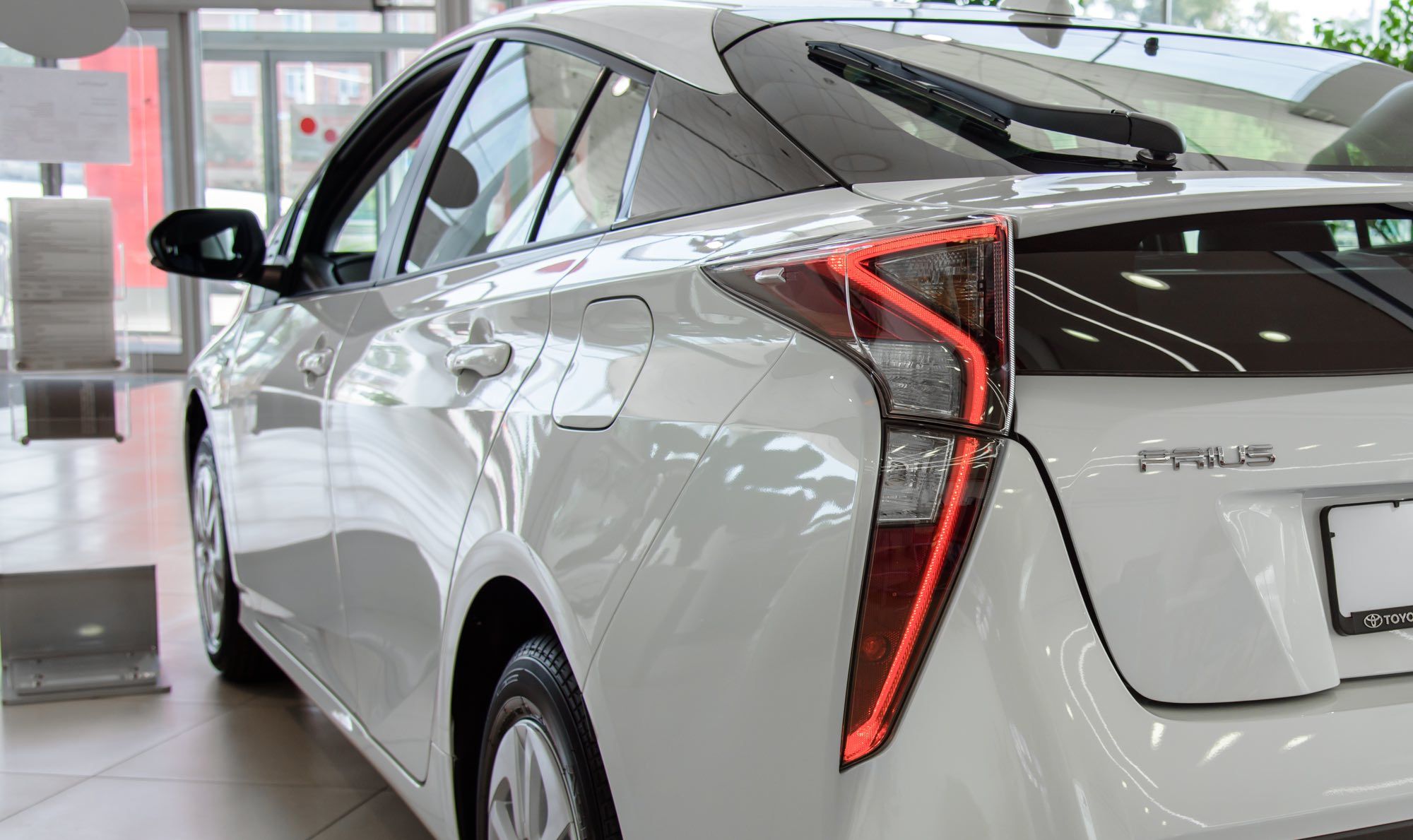Top Class Actions’s website and social media posts use affiliate links. If you make a purchase using such links, we may receive a commission, but it will not result in any additional charges to you. Please review our Affiliate Link Disclosure for more information.
Toyota has attempted to block a class action lawsuit alleging that some Priuses possess a defect that causes the vehicles to stall.
According to the car manufacturer, the customers’ claims should be handled out of court.
Toyota alleges that two customers who had brought claims forward in the Prius class action lawsuit signed arbitration agreements that prevented them from suing. This agreement was reportedly part of the purchase terms of their vehicles.
According to Toyota, the arbitration agreement is valid and enforceable under the Federal Arbitration Act. The company also claims that customers knowingly and voluntarily agreed to sign the arbitration agreement, so it should be upheld.
Stephen Kosareff and Laura Kakish are two of seven plaintiffs who filed the Toyota Prius hybrid defect class action lawsuit, and the two who Toyota says are not able to pursue legal claims.
Toyota says they leased and purchased their vehicles in 2010, and inso doing, signed arbitration agreements.
With five others, Kosareff and Kakish filed their Toyota Prius defect allegations against the car maker in 2018. They claimed that Priuses possess defective inverter components.
Allegedly, these defective elements can cause the vehicles to overheat, and then to slow down or stall suddenly if they are being driven at high speeds.
The customers state that this slowing or stalling is a part of the vehicles’ “fail-safe” mode in 2010 to 2014 Priuses.
Drivers say that this defect is dangerous one, arguing that if the vehicles stall, they can get into collisions that can injure or kill drivers, passengers and others.
According to customers, Toyota could have foreseen this problem, noting that other hybrid vehicles have also been the subject of criticism around their safety. In particular, the drivers point to earlier safety concerns raised about the Toyota Highlander SUV hybrids.
The customers say that the defect financially injured them and other drivers, because had they known that the Priuses possessed this defect, they would not have purchased the vehicles or would not have paid as much as they did for them.
The plaintiffs note that many customers are drawn to hybrids specifically because they are advertised as being fuel efficient.
However, the defects in the inverter components allegedly cause the vehicles to stall and decreases the vehicles’ fuel efficiency.
The drivers argue that this problem further financially injured customers, because they paid more money for fuel than they would have if they had purchased a hybrid that did not have this defect.
Allegedly, Toyota knew about the problem and did not inform customers of the problem, nor did they conduct effective recalls to compensate customers and repair damage after the vehicles were on the market.
The plaintiffs note that the company did conduct a recall in 2014 and 2015, but the recall did not solve the problem.
To support their allegations that Toyota is aware of the defect, they note that 2005 Priuses also experienced a similar defect.
They state that the car manufacturer did not effectively deal with the 2005 model year problem, either. Allegedly, they increased the voltage of some models by way of a repair, which worsened the problem.

Some claims were trimmed from the Toyota Prius hybrid class action lawsuit in several instances.
Currently, the remaining allegations include breach of implied warranty, fraudulent concealment, unjust enrichment and consumer protection violations.
Claims were trimmed from the Toyota Prius defect class action lawsuit after a judge denied Toyota’s request to dismiss the entire Toyota Prius hybrid class action lawsuit, instead only agreeing to reduce the allegations.
The company based its request for dismissal on an argument that the defect was caused by lead soldering, and according to the judge, such a technical argument was not appropriate at the current stage in litigation.
Do you drive a Prius? Why did you choose your vehicle? Share your experiences in the comments below.
The Toyota drivers are represented by Jeffrey L. Fazio and Dina E. Micheletti of Fazio Micheletti LLP, Louis R. Miller, Amnon Z. Siegel and Casey B. Sypek of Miller Barondess LLP, Kiesel Law LLP, Baker Marquart LLP, Cuneo Gilbert & LaDuca LLP, and Audet & Partners LLP.
The Toyota Prius Hybrid Stalling Defect Class Action Lawsuit is Remy McCarthy, et al. v. Toyota Motor Corporation, et al., Case No. 8:18-cv-00201-JLS-KES, in the U.S. District Court for the Central District of California.
Read More Lawsuit & Settlement News:
MLB Class Action Alleges Cheating Altered Fantasy Sports Results
SNAP Recipients Unfairly Denied Emergency Food Assistance, Lawsuit Claims
New Laws Aim to Protect California Students from Sexual Assault
Flight Attendants Seek $60 Million in Virgin America Wage Lawsuit
ATTORNEY ADVERTISING
Top Class Actions is a Proud Member of the American Bar Association
LEGAL INFORMATION IS NOT LEGAL ADVICE
Top Class Actions Legal Statement
©2008 – 2024 Top Class Actions® LLC
Various Trademarks held by their respective owners
This website is not intended for viewing or usage by European Union citizens.
















31 thoughts onToyota Strives to Block Stalling Prius Defect Class Action
I have a 2012 Pruis plz add me.
I’ve got a 2013 prius plz add me
Prius 2017 and i have been driving around a lot and my gas almost last 2 weeks. I thought gas with Prius should last a month. Add me if you want
Please add me I have a 2009 and thought that my fuel effieciency was going because of the age of the car. I bought my hybrid knowing or assuming that I would have great fuel effieciency on the highways.
Please add me. I have owned a 2008 and 2011 Prius and they both had the same issue. It can be very scary.
I have had two Prius’….2014 and 2016 (currently own). Please add me.
I purchased a 2015 used Prius last from a dealership and brought it back about 2 week’s after the sale because the engine would fail. Toyota did a diagnostic with their computer system but said nothing abnormal showed up. It has happened numerous time’s since.
I have a 2013 Prius please add me !
I just bought a used 2014 Prius from a dealership and the acceleration is very slow. When you test drive, they go in urban areas, down a back road make a turn and back at the dealership, never having to go up to hwy speed. It wasn’t until after a few weeks it really seemed slow to take off, and dangerous when merging onto a freeway. Is this the same issue? What do I do?
i have a 2010. had the known inverter issue in 2011. it shuts off while driving. if you research you can see that this happened all over. especially dangerous if it happens on a highway. luckily my son was driving it in our neighborhood. After much fighting with the dealership and calling corporate and my friends at Prius Chat told me a few things to say i got it fully covered by Toyota. They had to install a new inverter and also a new battery as it fried it. It was not easy to get it resolved. No further issues with the inverter.
Had one 2007 this was reported to dealership who called me a liar